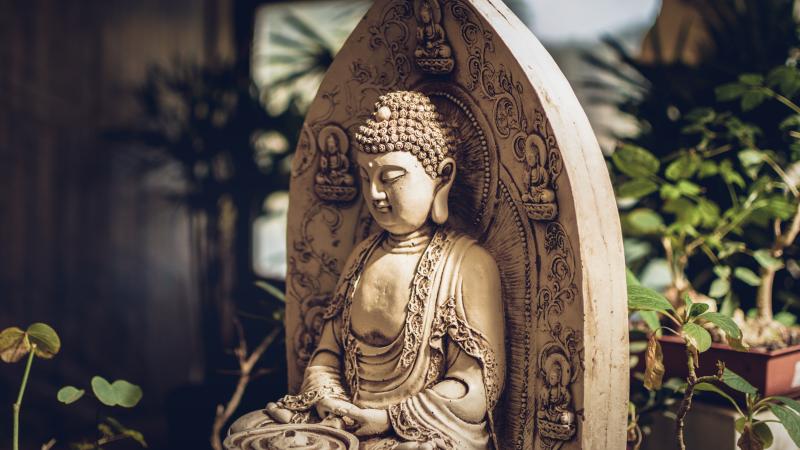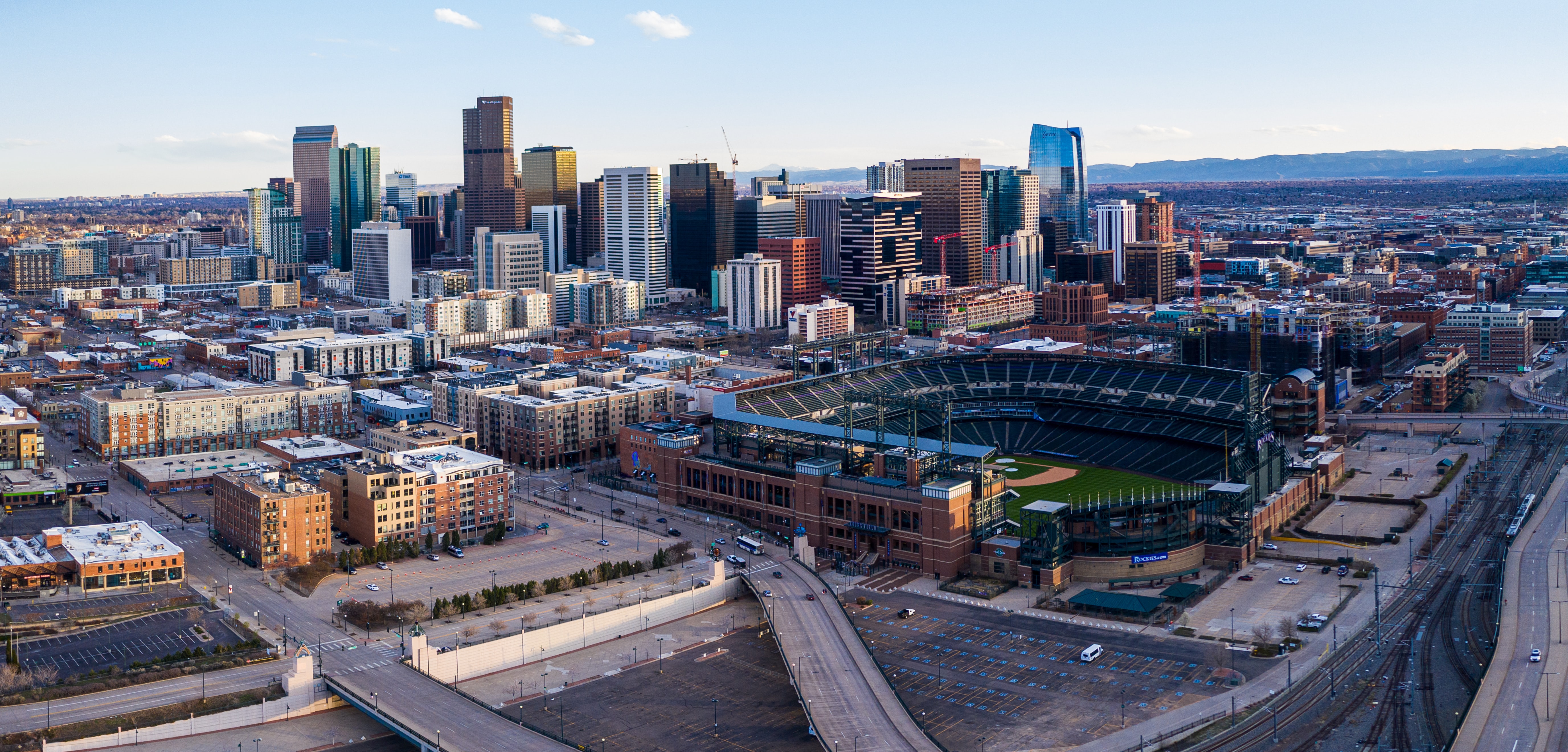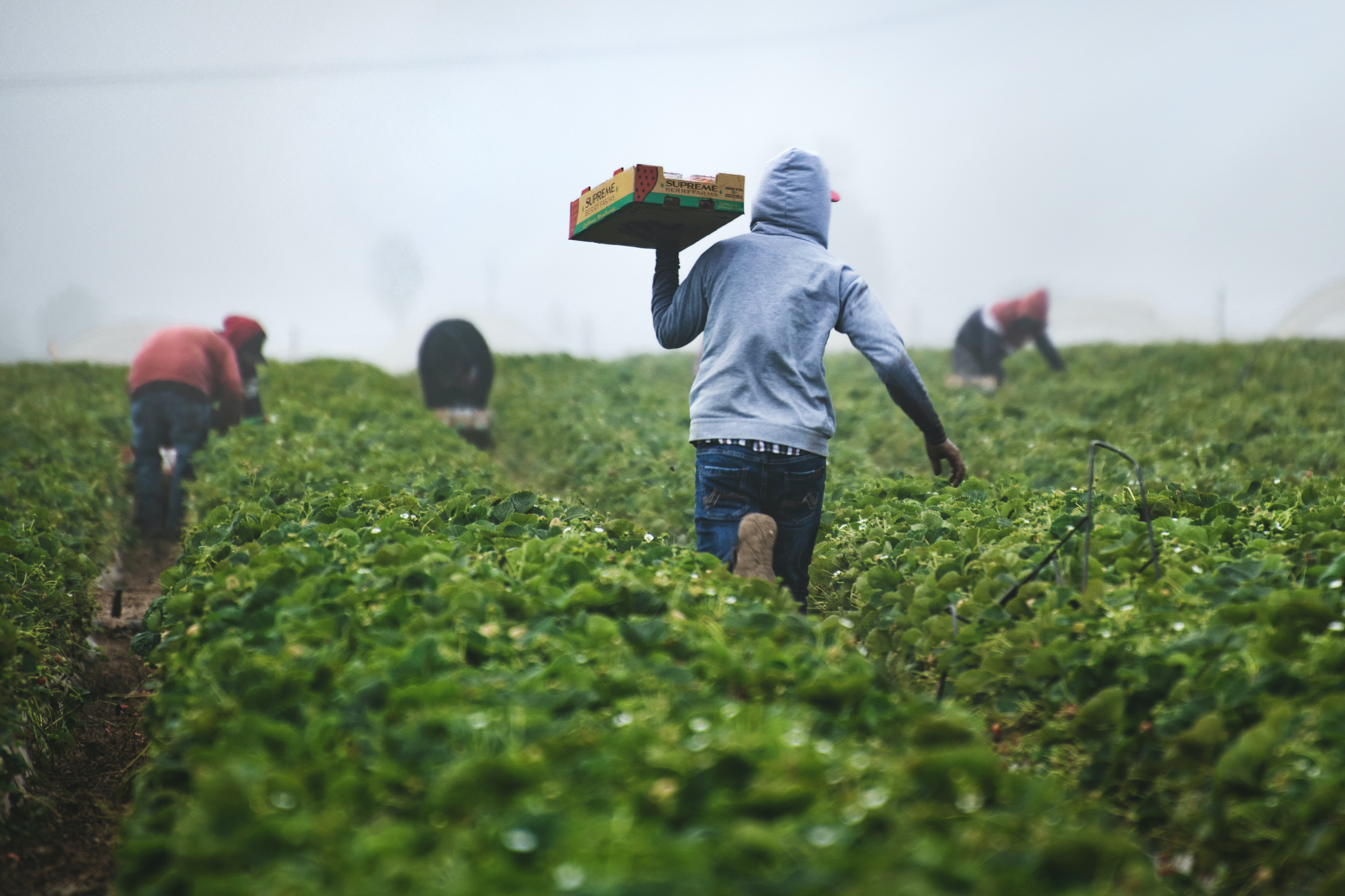Community Forum on Race, Racism, and Buddhism
By: Benjamin Nourse, Assistant Professor, Department of Religious Studies

“This is like a pop-up sangha” one participant declared during the course of the community forum on Race, Racism, and Buddhism. The Sanskrit term she used, sangha, is used popularly by many Buddhists in the US to talk about community. The community that had come together via Zoom on March 10 and 12, 2021 was indeed a unique, and in some ways unlikely, gathering. A diverse group of Buddhists from many different traditions had come together to talk and share ideas. It was the result of a class project of the Winter quarter 2021 course on Buddhism and Social Justice. The Buddhism and Social Justice course examined Buddhist approaches to issues of economic and community development, human rights, and the environment. A particular focus of the course was racial justice. Students worked on two projects related to Buddhism and racial justice. The community forum was one project, while the other project involved helping to create content for a public database of resources for teaching about race, racism, and racial justice in the context of Buddhist Studies courses.
The two-day community forum was planned and organized by the students. The event featured panel discussions between people working on a range of local racial justice initiatives. The speakers approached the subject from a variety of perspectives, with some working in Buddhist communities and others representing secular community organizations. Buddhist panelists touched on the history of discrimination against Asian and Asian Americans in Colorado as well as the creation of new Buddhist practices integrating meditation, study, and dialogue and aiming to combat racial injustice. Other panelists discussed local efforts toward using restorative justice approaches in the justice system, reinvesting in historically marginalized communities, and raising awareness about Anti-AAPI (Asian American and Pacific Islander) hate. The forum also had opportunities for small group dialogues among attendees. The event drew about 50 participants, including many from local Buddhist communities but also others interested in social justice issues more generally. Through the presentations and dialogues, it gave diverse members of the Colorado community a chance to network and collaborate on issues of mutual concern.
Buddhist communities have existed in Colorado for over one hundred years and there are dozens of groups and communities in the Denver metro area alone. Colorado Buddhists, however, rarely have the opportunity to meet other local Buddhists outside of their particular temple or meditation center. The forum was an opportunity for Buddhists to come together across divisions of tradition, sect, or the racial lines that often divide Buddhist communities in the US. It was a chance to spark relationships and move towards building coalitions within the broader community to work toward shared visions. It was a chance to envision a larger sense of community, or sangha.
Editor’s Note: This work was supported with a Community-Engaged Learning Mini Grant.

